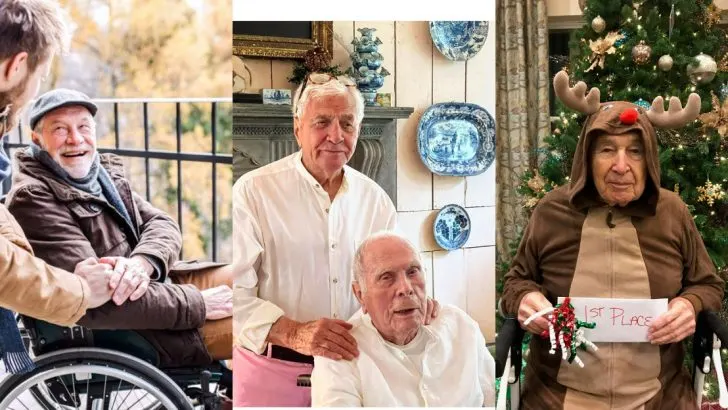Older men often skip social events for various reasons ranging from health concerns to changes in social priorities. Understanding these factors can help in addressing their needs and encouraging more participation.
Health Issues
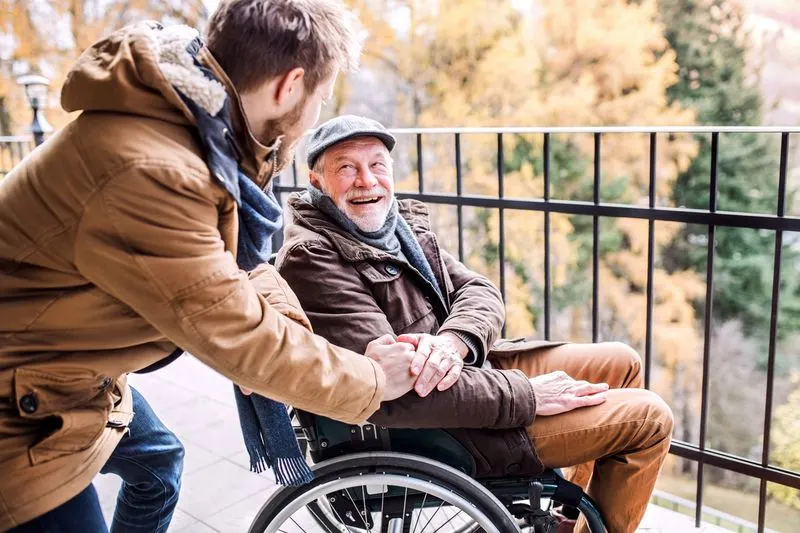
Chronic health conditions can keep older men at home. Managing health becomes a priority, often overshadowing the desire for social interaction.
Regular medical appointments and the unpredictability of symptoms can make attending events challenging. Furthermore, medication side effects such as fatigue or dizziness might deter participation.
Practical concerns, like accessibility at venues, also add to the hesitation. Adjustments in daily routines to accommodate health needs can lead to missing events.
Thus, prioritizing well-being over socializing becomes an understandable choice. However, finding balance is key for keeping connections alive.
Mobility Challenges
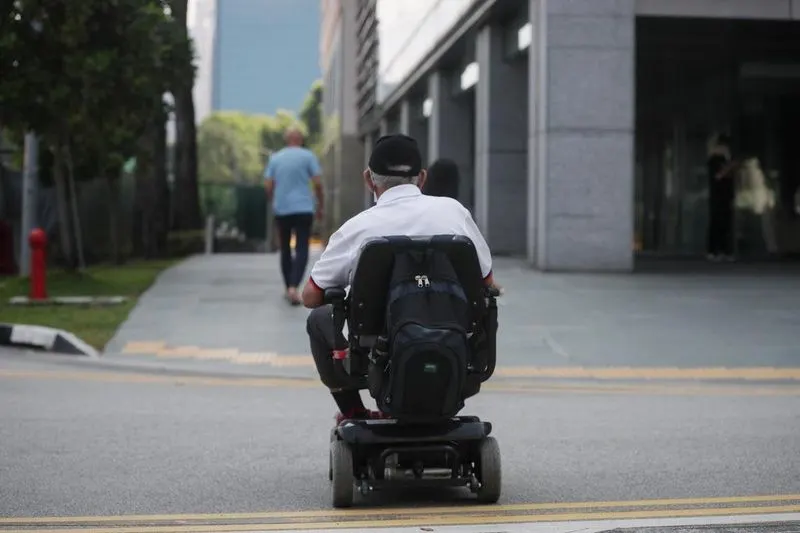
Mobility issues often limit older men’s participation in social gatherings. Fear of falling or difficulty navigating unfamiliar spaces can cause anxiety.
Events held in inaccessible locations pose additional hurdles, making attendance feel daunting. Transportation challenges, such as driving at night, further compound the issue.
For those relying on aids like canes or wheelchairs, the physical strain can outweigh the social benefits. Despite the desire to join, practicality often wins.
By organizing events in accessible venues and offering transportation, participation could become more feasible and enjoyable.
Comfort Zone

Stepping out of one’s comfort zone becomes increasingly challenging with age. Familiar surroundings offer predictability, a stark contrast to bustling social settings.
Anxiety about engaging with new people can be daunting, especially if hearing issues or memory lapses are present. The comfort of home often outweighs the uncertainty of social events.
Personal habits solidify over time, making deviations feel uncomfortable. However, encouraging gradual exposure to new environments can gently nudge individuals towards more social interactions, fostering a balance between comfort and connection.
Changing Interests

With age, interests evolve, shifting priorities away from social gatherings. Solitary pursuits like reading, gardening, or crafting often take center stage, offering personal fulfillment.
These activities provide a sense of achievement without the pressure of socializing. Previously enjoyed events might no longer align with current passions.
Additionally, the energy required for socializing can seem unappealing compared to quiet hobbies. While these interests are enriching, maintaining some social interaction is crucial for emotional well-being.
Encouraging participation in groups that align with evolving interests can bridge this gap effectively.
Generational Gaps
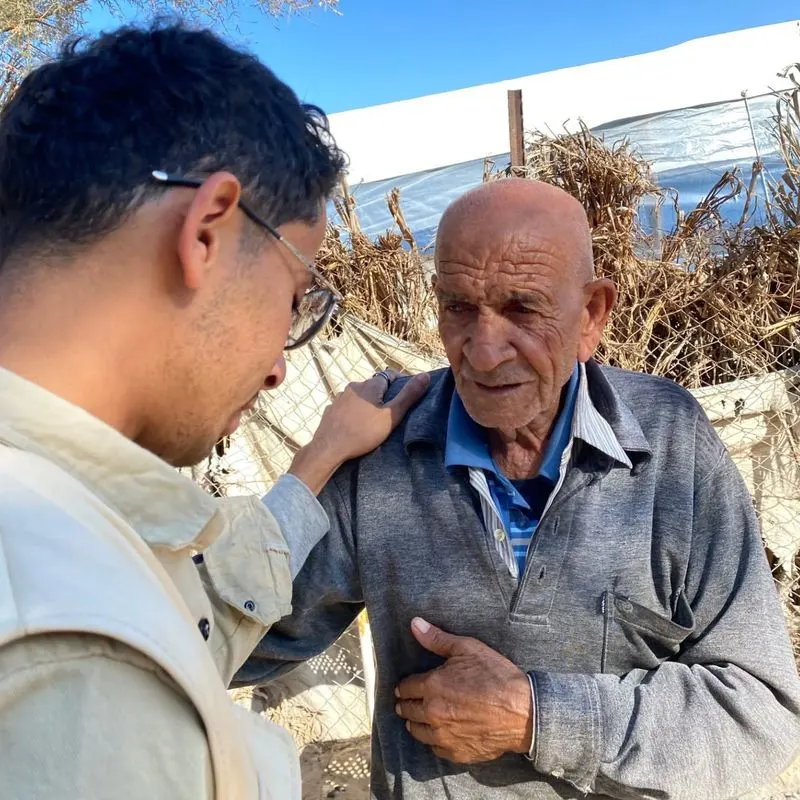
Generational differences can make social events less appealing for older men. Topics of conversation, modern technology, and cultural references can create a disconnect.
Feeling out of touch with younger generations, particularly in mixed-age gatherings, can be intimidating. This gap can lead to feelings of isolation even in crowded rooms.
The rapid pace of change in society can exacerbate these feelings, making older individuals retreat to familiar circles. Bridging this gap through inclusive activities and open communication can enhance their social experience and foster intergenerational understanding.
Social Anxiety

Social anxiety doesn’t diminish with age and can deter older men from attending gatherings. The pressure to engage in conversation or the fear of judgment can be overwhelming.
Past negative experiences might heighten these feelings, making avoidance seem like the best option. Additionally, unfamiliar environments or large crowds can trigger anxiety, overshadowing any potential enjoyment.
Encouraging smaller, more intimate meetups can alleviate some of this pressure. Building a supportive environment where anxiety is understood and accommodated can gradually increase comfort levels, promoting healthier social interactions.
Loss of Friends
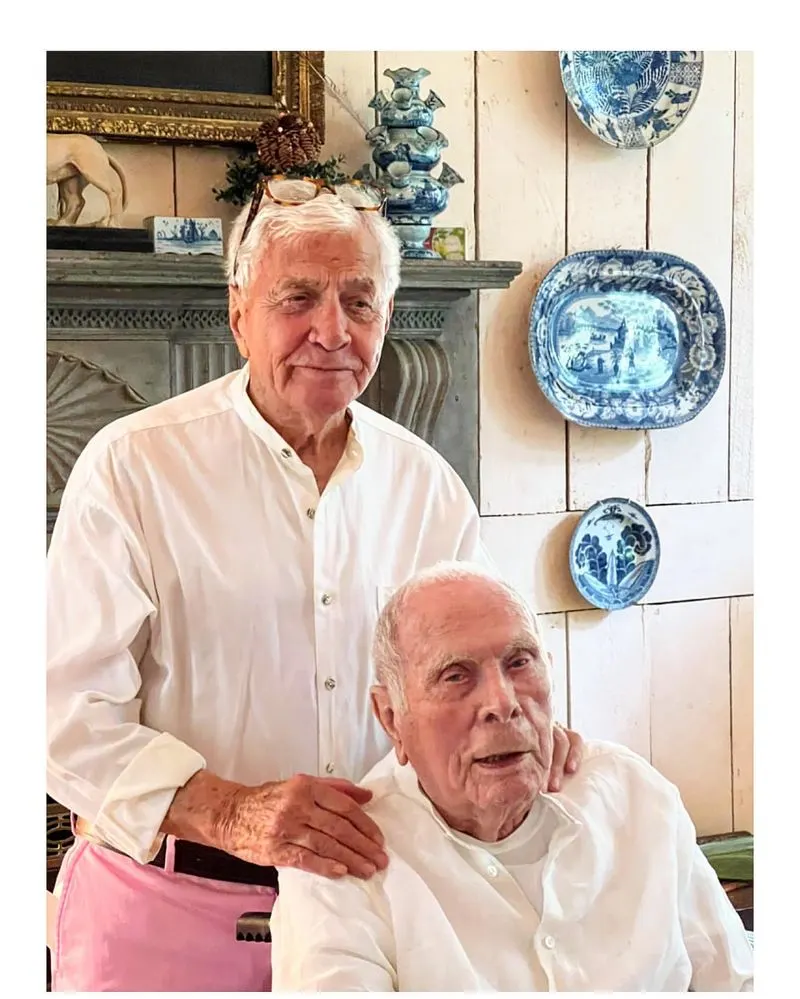
As years pass, the circle of friends for older men often diminishes due to relocation, health issues, or passing away. Social events may remind them of these losses, making participation emotionally taxing.
The absence of familiar faces can lead to feelings of loneliness in a crowd. Creating new friendships can be challenging, especially if grieving recent losses.
However, connecting with others who understand this experience can provide comfort and companionship. Encouraging involvement in community groups with shared interests can help rekindle social connections.
Financial Concerns

Financial limitations can be a significant barrier to attending social events for older men. The costs associated with transportation, entry fees, or gifts can add up, causing stress.
On a fixed income, prioritizing essential expenses becomes necessary, leaving little room for leisure activities. This financial strain can lead to social withdrawal, even if the desire to participate exists.
Offering affordable or free community events can alleviate this burden. Additionally, providing transparent information about costs upfront helps individuals plan accordingly, making social participation more accessible.
Caregiving Responsibilities

Caregiving duties can significantly impact social lives, especially for older men responsible for loved ones. The time and energy required for caregiving can be immense, leaving little space for personal social activities.
Guilt over leaving a dependent alone or finding temporary care can add to the reluctance. The emotional and physical toll of caregiving can also diminish the desire to attend social events.
Providing respite care options or organizing support groups for caregivers can offer relief and encourage participation in social activities, balancing responsibilities with personal needs.
Technology Barriers

Technology can be a daunting barrier, making older men hesitant to engage in social events requiring its use. From online invitations to digital RSVPs, the reliance on technology can exclude those less familiar with it.
This barrier can lead to missed opportunities, not due to lack of interest, but inability to navigate tech-based interactions. Providing alternative ways to participate, like phone calls or in-person RSVPs, can bridge this gap.
Additionally, offering tech education sessions can empower older individuals, enhancing their confidence and encouraging greater social engagement.
Preference for Quiet
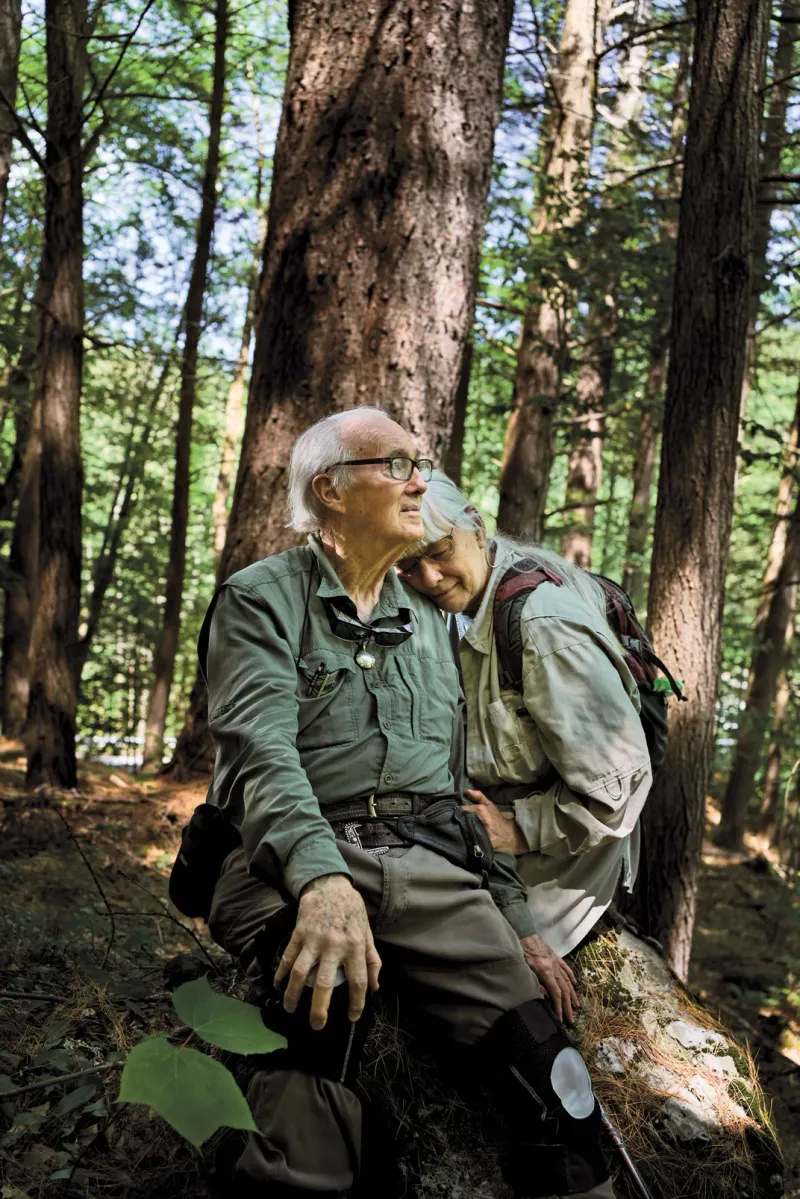
For some older men, the preference for quieter environments outweighs the allure of social events. The noise and activity level of gatherings can be overwhelming, making solitude more appealing.
This desire for tranquility often grows with time, as introspection and personal space become more valued. Despite the advantages of social interaction, the peace found in solitude is irreplaceable for many.
Creating quiet, relaxing areas at social events or organizing nature-based activities can cater to those who prefer less stimulation, allowing them to engage at their own pace.
Past Negative Experiences

Negative past experiences can linger, influencing current social choices. A previous event where they felt unwelcome or uncomfortable can deter attendance.
The fear of repeating unpleasant encounters or being judged can overshadow the potential enjoyment. This hesitation can become ingrained, leading to a pattern of avoidance.
Understanding and addressing these concerns through reassurance and inclusive event planning can make a significant difference. Providing a welcoming and supportive atmosphere can help overcome these barriers, encouraging more positive social experiences and rebuilding confidence.

